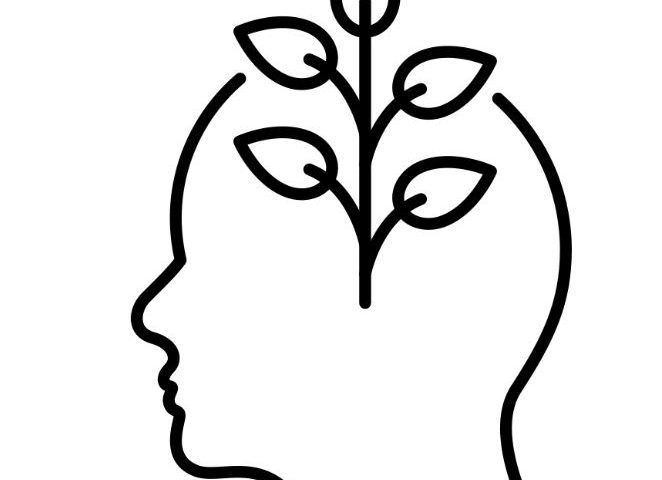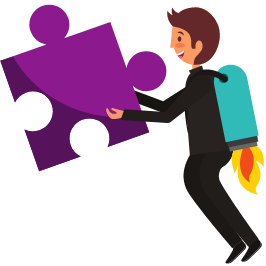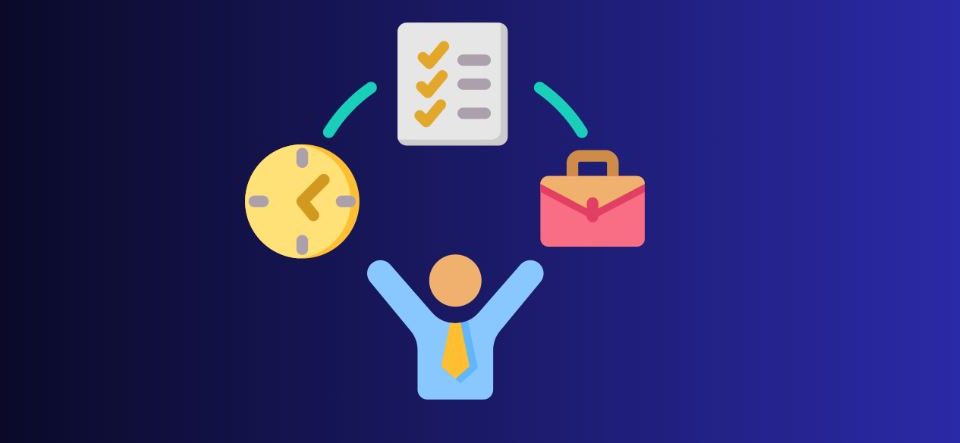In today’s rapidly evolving digital landscape, technological advancements are transforming industries and redefining the way we work. Automation, artificial intelligence (AI), and machine learning are taking over repetitive tasks, leaving room for employees to focus on roles that require continuous adaptation and growth. Amid this shift, the ability to learn—and keep learning—has emerged as the ultimate skill for the future.
The Case for Lifelong Learning
The age of digital transformation has ushered in a new era of efficiency, innovation, and connectivity. However, the shelf life of technical skills is shrinking. According to the World Economic Forum (2020), 50% of all employees will need reskilling by 2025 as the adoption of technology accelerates. Lifelong learning ensures that individuals remain relevant and adaptable in the face of these changes.
Beyond technical skills, learning agility—the ability to learn from experiences and apply knowledge in new situations—is increasingly valued. A 2021 report by LinkedIn highlighted that organizations with strong learning cultures are 92% more likely to innovate, adapt, and succeed (LinkedIn, 2021).
The Components of Lifelong Learning
- Curiosity and Growth Mindset: Individuals with a growth mindset view challenges as opportunities to learn rather than obstacles. This mindset encourages curiosity and a willingness to explore new ideas and skills (Dweck, 2006).
- Digital Literacy: Navigating and leveraging digital tools effectively is fundamental. Digital literacy encompasses not only the use of technology but also an understanding of how to apply it creatively to solve problems (World Economic Forum, 2020).
- Adaptability: Lifelong learners are resilient and adaptable, ready to embrace change and navigate uncertainty. This quality is especially critical in industries disrupted by automation and globalization (McKinsey & Company, 2021).
- Self-Directed Learning: The ability to identify learning needs, set goals, and independently seek knowledge is central to lifelong learning. Online courses, certifications, and informal learning resources empower individuals to take charge of their development.
- Collaboration and Knowledge Sharing: Lifelong learners thrive in collaborative environments where they can exchange ideas and learn from peers. According to Deloitte (2021), collaborative workplaces see a 30% increase in performance and innovation.
Why Lifelong Learning Matters
Lifelong learning is not just about acquiring new skills; it’s about fostering adaptability and innovation. As job roles evolve and industries transform, individuals who commit to continuous learning are better equipped to:
- Stay Competitive: By staying updated on industry trends and advancements, professionals can maintain their relevance in the workforce.
- Foster Career Growth: Employers value individuals who proactively invest in their skills. According to a PwC (2021) survey, 77% of CEOs are concerned about the availability of key skills, highlighting opportunities for learners to fill critical gaps.
- Drive Personal Fulfillment: Lifelong learning enriches lives by expanding knowledge, improving cognitive abilities, and opening doors to new experiences.
Developing a Lifelong Learning Habit
- Set Clear Goals: Define what you want to achieve and identify the skills or knowledge required. Break these into manageable milestones.
- Embrace Online Learning Platforms: Platforms like Coursera, Udemy, and Khan Academy provide accessible resources for a wide range of topics.
- Join Communities of Practice: Engage in professional networks, online forums, and workshops where you can share knowledge and learn collaboratively.
- Reflect and Apply: Regularly evaluate your learning experiences and apply new knowledge in real-world scenarios. Reflection solidifies learning and ensures it translates to practical skills.
- Cultivate Curiosity: Stay curious and open to exploring topics outside your immediate field. Interdisciplinary learning fosters creativity and innovation.
The Role of Employers in Lifelong Learning
Organizations play a crucial role in fostering a culture of lifelong learning. By providing opportunities for upskilling, mentorship, and knowledge-sharing, employers can empower their workforce to adapt and thrive. A 2021 McKinsey report emphasized that companies investing in employee development are more likely to retain talent and achieve sustainable growth (McKinsey & Company, 2021).
Conclusion
In an era defined by rapid change and innovation, lifelong learning is the ultimate skill that ensures adaptability, resilience, and growth. By cultivating curiosity, embracing new challenges, and leveraging opportunities for continuous education, individuals can future-proof their careers and lead fulfilling lives. As the world evolves, the ability to learn—and learn continuously—will remain a timeless and indispensable asset.
References
Deloitte. (2021). The connected workforce: Unlocking the potential of collaboration. Retrieved from https://www.deloitte.com
Dweck, C. S. (2006). Mindset: The new psychology of success. New York: Random House.
LinkedIn. (2021). The future of skills report. Retrieved from https://www.linkedin.com
McKinsey & Company. (2021). Hybrid work and the new normal. Retrieved from https://www.mckinsey.com
PwC. (2021). Customer experience in the digital age. Retrieved from https://www.pwc.com
World Economic Forum. (2020). The future of jobs report. Retrieved from https://www.weforum.org




